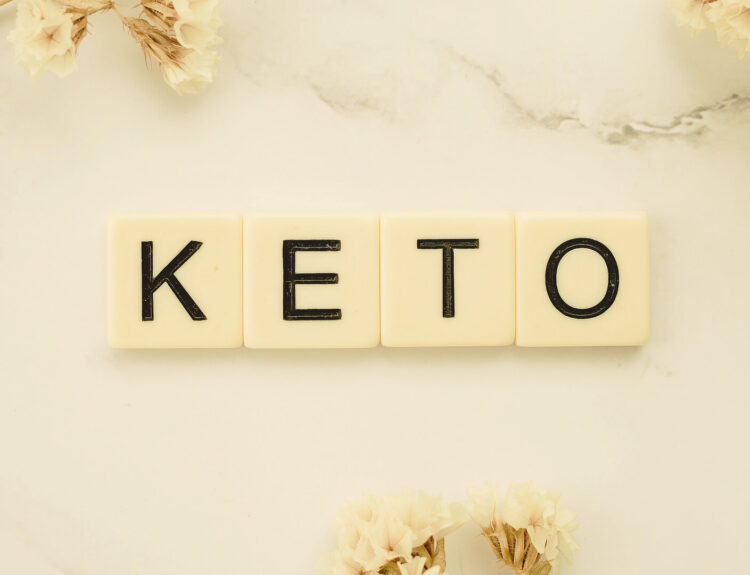Simple habits can be added by including physical habits, earthing, sleep, mindfulness, and visualization all help towards a holistic approach to brain health. When paired with a healthy diet, management of stress, and socializing, our brain is equipped to cope with daily demands, learn new information, and recall them. These habits not only boost memory but promote a fitter life as well.
Let us remember these 10 habits by practicing them in our daily routine. It will help in continuous memory improvement and cognitive brain function over time.
Get Quality Sleep Consistently
As most experts including Harvard Health agree, sleep is possibly the most powerful brain health tool. The brain also consolidates memories during sleep, processing new information and clearing toxins that build up during the day. Trying to get 7-9 hours of sleep every night improves memory and increases focus and problem-solving abilities.
Going to bed and getting out of bed at the same time every day. Refrain from screens before bed to give our brains a chance to unwind properly.

Exercise Regularly
Regular exercise is not only good for our body but is also important for the brain. Exercise sends blood to the brain, which also helps new neurons grow and improves memory retention. Even moderate activity such as walking for 30 minutes a day can be very helpful for cognitive function.
No gym for hours necessary — simply dancing, swimming or cycling are all great ways to increase brain power without it feeling like a chore.

Stay Mentally Active
Both physical workouts train your body, similarly, mental workouts train your brain. Do something that exercises our brain like puzzles, crosswords or learn something new; Simply reading a new book or practicing a hobby can activate neural pathways and improve cognitive flexibility.
If you’re looking to stimulate your brain, consider brain-training apps or games that challenge your problem-solving skills, critical thinking, and memory. Even a few minutes a day can help.
Eat Brain-Boosting Foods
No one would complain if they never had to consider a solution for this problem, the saying goes: our brains require fuel to function at their highest possible level, and what we put into our bodies has a significant impact on cognitive health. Including nutrient-dense foods such as fatty fish (high in omega-3s), leafy greens, nuts, berries, and whole grains may help brain function and enhance memory.
Adding antioxidant foods, good fats, and vitamins to diet: The brain needs antioxidant foods to stay sharp and energized. A brain-boosting snack, for instance, might include a few walnuts or a smoothie with spinach and blueberries.

Practice Mindfulness and Meditation
Studies suggest that mindfulness and meditation practices can increase gray matter in the brain responsible for memory and emotional regulation. Mindfulness helps us to focus better, relieve stress, and make space in our minds for clarity and better recall.
A few minutes of mindful breathing or guided meditation each day or Apps like Headspace or Calm will walk us through a few simple sessions that improve focus and memory.
Stay Socially Connected
Regular socializing keeps the brain stimulated, reduces stress, and even staves off cognitive decline. Meaningful conversations and relationships provide stressors on the brain, forcing it to create and strengthen connections.
Connect with friends and family with catchups, team up for activities, or join events in the community. Some smart options include joining clubs or groups based on interests to remain socially and mentally active.
Limit Multitasking
Although it might feel like multitasking increases our output, it instead depletes our brain’s power and decreases our concentration capacity. Multitasking is known to have a negative impact on memory retention and cognitive performance according to research.
Use techniques such as the Pomodoro method (work for 25 minutes, take a 5-minute break) to try to get used to working on one thing at a time. This allows for better concentration and aids long-term memory.
Drink Plenty of Water
Lack of water is easily perceived by us in the ability to concentrate, process information, and memorize things. As the brain is over 75% water, hydration is key to ensuring the brain works at its best.
Aim for 8 glasses of water daily, and more if you happen to be active. Having a water bottle by your side can help inspire seeing throughout the day.
Learn a New Language or Skill
The act of learning new skills, especially with something as mentally draining as language learning, can create fresh neuroconnections. Learning activates different regions of the brain and improves memory, problem-solving abilities, and even creativity.
Even if learning a new language seems a little too ambitious, small changes — practicing vocabulary every day or using language apps like Duolingo — can increase our brain’s store of cognitive reserves.
Manage Stress Effectively
Chronic stress wears on the brain and causes memory problems; it even shrinks parts of the brain important for learning. It’s important to practice stress management techniques, including deep breathing, exercise, or journaling, to maintain a healthy mental state.
Create a daily relaxation schedule. Reduction of stress, through yoga, music, laughter, positive thinking, or journaling, to name just a few examples, will help protect your memory and overall brain function.
Avoid tobacco or alcohol consumption.

Small Changes for Big Brain Gains
Improving brain power and memory does not necessarily entail making drastic changes in life or establishing complicated routines. Consistency is the name of the game — take small steps, and please pay attention to how brain health improves!
Read more about health here
Related Read:










